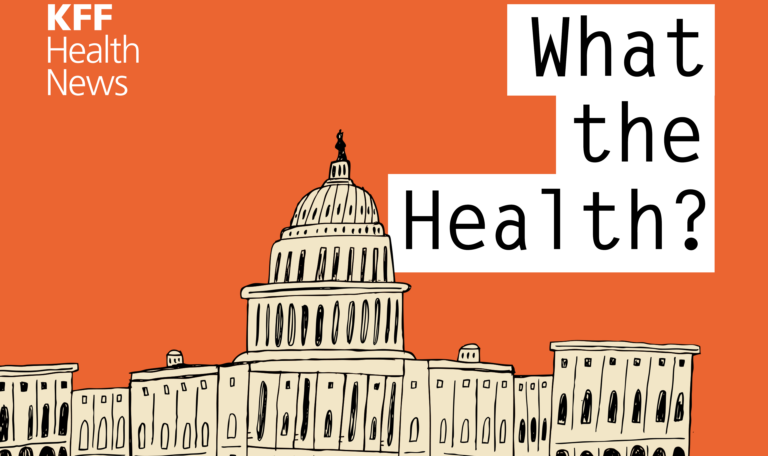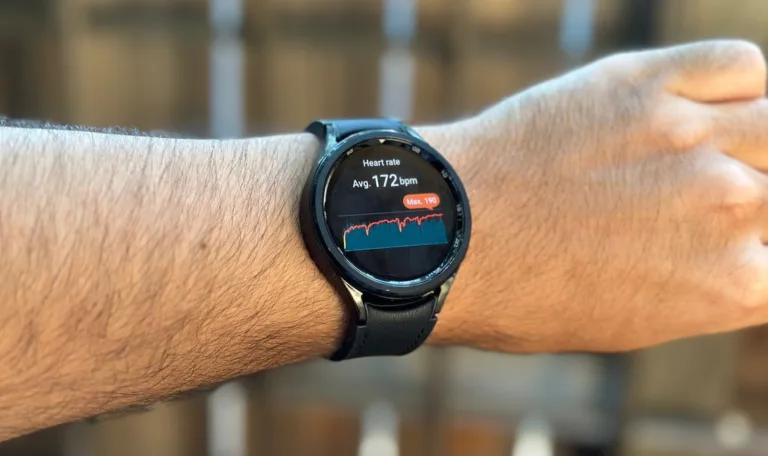The climate crisis is also an urgent and ongoing health crisis with diverse human impacts leading to physical, mental and cultural losses. Translating knowledge into action involves broad collaboration, which relies heavily on careful communication of a personal and politicized issue.
Against a backdrop of reported historical peaks in monthly temperatures, the past months have seen increasing visibility of the issue of climate change health, as several institutions have pushed awareness, research and action to limit the effects that warming has on human health. These include the inaugural Declaration on Climate and Health at COP28, the publication of the report Quantifying the Impact of Climate Change on Human Health1 by the World Economic Forum, and a pledge of £23 million by the Wellcome Trust to support transdisciplinary research to protect human health from climate change.

Credit: Tim Robberts / DigitalVision / Getty Images
In this issue of Nature Climate Change and an associated online Focus, we highlight research and other content at the climate–health intersection.
Across these works, a clear and familiar theme that arises is the world’s current lack of preparation to deal with the ongoing crisis. This is exemplified in an Analysis by Braithwaite and colleagues of the ability of healthcare systems to cope with climate change. In line with the World Economic Forum’s finding that climate impacts will cost healthcare systems a further US$1.1 trillion globally by 2050 (ref. 1), Braithwaite and colleagues highlight the need for multi-pronged plans to future-proof these at-risk systems. They also demonstrate the heavy bias of current research on acute disaster events and in the Global North.
The second conspicuous theme is that responding to the climate–health crisis will involve diverse actors. In a Viewpoint article, six researchers highlight key issues in their fields, which include mental health, labour, disease spread, maternal and neonatal health, air quality and nutrition, while advocating the need for collaboration across disciplines, sectors and geography. Echoing this need for collaboration, a Feature article by Yessenia Funes on the public drive to seek climate action through the courts focuses on the varied yet complementary roles the public, research scientists, healthcare professionals and lawyers have to play.
Thirdly, and critically linked to the previous points, is that improved communication is key for translating research into action. Part of this involves learning the languages of different fields or sectors: in a Q&A article, Maria Neira, director of the Department of Environment, Climate Change and Health at the World Health Organization (WHO), describes how understanding that the climate terms ‘adaptation’ and ‘mitigation’ corresponded to the terms ‘primary intervention’ and ‘secondary intervention’ in public health helped to align communication between the two fields. Another part also involves ensuring that language is used carefully to support positive action. Psychologist Elizabeth Marks (writing in the Viewpoint article) discusses the importance of identifying eco-anxiety without pathologizing it, while Neira discusses the impact of communicating a negative message (that is, climate change is harming human health) with or without actionable plans, underscoring the difference between problem solving and panic. Funes also highlights the important role of health practitioners, whose personal relationships with patients makes them ‘trusted messengers’ to discuss climate change health information. In line with this, the WHO has just released a new toolkit to support healthcare professionals to effectively communicate about climate change and health2. A Comment from Noa Heiman in this issue also discusses the best ways for therapists to support their clients who experience climate distress.
Overall, talking about climate change health is not just a question of slipping from the technical jargon of climate models to that of healthcare or legal systems. It is also about communicating with an increasingly engaged public on a deeply personal and politicized issue. Finding the right wording is therefore extremely important. But the personal part of health is also what makes discussing climate change from a health point of view such a powerful tool to move forward.
An ongoing global crisis lacking preparedness that requires multiple actors to move forward can leave a lot of room for debate. But as Neira suggests, if instead of talking only about reducing emissions or limiting the amount of degrees warming, we discuss the number of lives that can be saved, there is less room for discussion, and more room to translate words into action.





